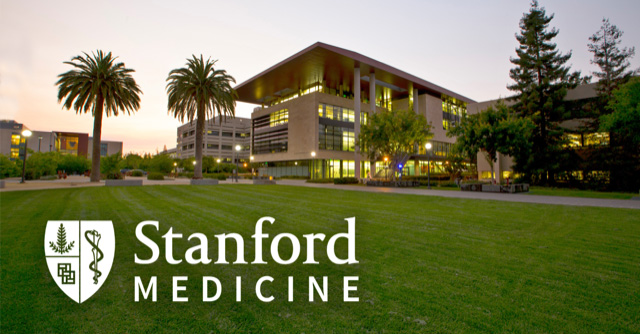Stanford Medicine’s new treatment for deadly pediatric brain and spinal cord cancers has been granted a Regenerative Medicine Advanced Therapy (RMAT) designation by the U.S. Food and Drug Administration (FDA).

This designation will help speed up the approval process, allowing more children to benefit from the therapy sooner.
The RMAT designation is given to regenerative medicine therapies, like cell therapies, that show potential to treat serious or life-threatening diseases.
To qualify, researchers must provide evidence that the treatment could improve patient survival or address unmet medical needs. Since its launch in 2017, the RMAT program has awarded this designation to 128 therapies out of 279 applications.
With this designation, researchers gain access to FDA experts who can help refine clinical trials, improve trial designs, and make the approval process more efficient. This support is crucial in helping get new treatments to patients faster.
The therapy being tested uses chimeric antigen receptor (CAR)-T cells, a form of immunotherapy where immune cells are extracted from a patient, modified to target specific cancer markers, and then reintroduced to the body. The treatment is currently being tested in a clinical trial led by Crystal Mackall, MD, Director of the Parker Institute for Cancer Immunotherapy at Stanford, and Michelle Monje, MD, PhD, a professor of neurology at Stanford Medicine.
The focus is on treating diffuse midline gliomas, a group of aggressive pediatric brain and spinal cord cancers, including diffuse intrinsic pontine glioma (DIPG), which has a median survival rate of just 11 months.
Dr. Monje called DIPG “among the worst imaginable childhood cancers,” but early results from the trial have shown promise. Interim data, published in Nature, show the therapy shrinking tumors and restoring neurological function in some children.
One patient, who had a complete response to the treatment, remains healthy four years after their diagnosis.
Dr. Mackall emphasized the importance of the FDA designation:
“This is an incredibly promising treatment for a devastating disease. The FDA RMAT designation will help us bring this potentially lifesaving treatment to more patients and get it to market faster, giving these children a chance at survival they wouldn’t have had otherwise.”


